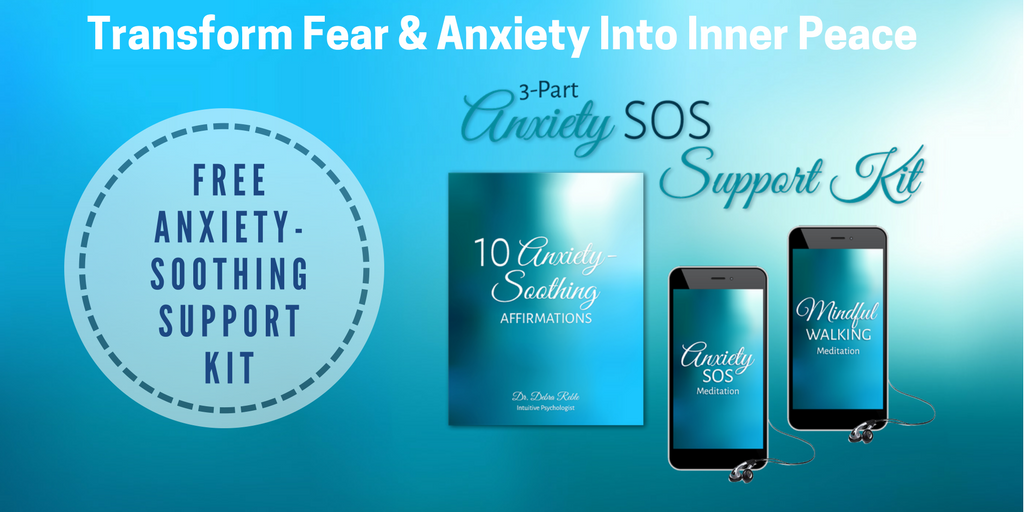
Using conscious compassionate communication (CCC) helps you express yourself from a heart-centered place rather than from an ego driven place. It connects us, heart and soul, and promotes a deepening of trust, understanding, and intimacy in our relationships. The poet, Amma once said, “There are two types of language in the world: the language of the intellect and the language of the heart.” Yet, the one most universally shared is that of the heart.
Ultimately when we engage in conscious communication, we are exchanging divine energy with another. It takes only the love-light in our eyes or the elevated vibration of our voice to create a soulful connection with someone.
Here are 4 Soul-Hearted Strategies to help you consciously and compassionately communicate with others:
Be Fully Present: The primary element in conscious compassionate communication is your divine presence. When you are truly present with another person, not distracted or guarded, you are open-hearted and that facilitates loving communication and growth. You pay attention to the other person rather than being caught up in your own thoughts. Looking deeply into another person’s eyes, giving them your undivided attention, and listening with an open heart are all elements of being present. Our divine presence answers the basic connection question, “Is that person there for me?” In this sacred space of presence, intimacy unfolds.
Be Invited to Share: When you want to share your feelings with someone, be considerate by asking if it is a good time to talk, so they can prepare emotionally for having an intimate conversation. Clarify your intention before communicating. Preface your communication by saying you want them to be a sounding board, or you want “permission to speak freely about a situation” that has been troubling you. Clear announcements of your expectations can minimize the likelihood of judging, opening the way for supportive listening and empathy. If it becomes difficult for you or that person to continue listening, pause and table the discussion until later. Resume when both of you are calm and ready to listen.
Speak from Your Heart: When you open your heart and speak from a reservoir of love, its vibration permeates your words, influences your tone of voice, and infuses your nonverbal expressions, making them easier to welcome and accept. Compassionate communication allows you to be soulfully present with a partner or friend in a safe, supportive setting for heightened intimacy as well as emotional and spiritual development. To communicate consciously and compassionately, avoid making assumptions or jumping to conclusions. These behaviors which are likely to break the flow of intimacy. Making assumptions and jumping to conclusions―behavioral patterns rooted in insecurity―lead to defensiveness and blame. Rather than make assumptions, which is a setup for disappointment, it is far more loving to listen without interruption and ask questions to gain clarity.
Use Positive Words and Body Language: It’s important to affirm, through verbal acknowledgment, friends, family members, co-workers, and even strangers. Begin every interaction with an affirmation of the other’s person’s being that indicates I see you, I hear you, or I’m here for you. can transform your relationships and your world. For instance, rather than saying, “Leave me alone,” which can feel harsh and dismissive, you can say, “Let me be.” This clearer phrase alerts the other person in a loving way that you would like some personal space. Similarly, instead of telling someone you hate them, you can communicate that you love them, but their behavior is unacceptable or hurts your feelings.

